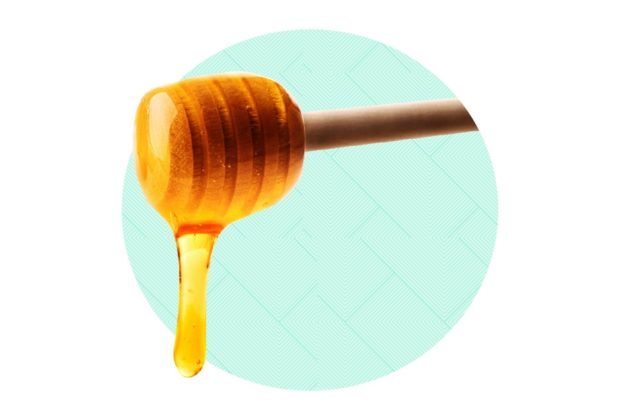
MANILA, Philippines — Filipino researchers have discovered a technique for the detection of pure honey and honey that was added with sugar.
In the 2024 Special Issue on Philippine Nuclear Science and Technology Research, the research titled “Portable Method for the Rapid Detection of Honey Adulterated with C4 Sugar Using Handheld X-ray Fluorescence Spectrometry (hXRF) and Logistic Regression” attempted to use handheld X-ray fluorescence spectroscopy to classify real from adulterated honey.
According to the study, the portable hXRF machine can detect varying concentrations in the chemical compositions between authentic honey samples and samples adulterated with sugar.
READ: Testing honey—a public service
“Samples passing the portable method are undoubtedly authentic, as the models ensure accurate discrimination, preventing misclassification of adulterated samples,” it said.
However, samples that do not pass the portable method are still subject to other tests, as they must still be verified whether it is authentic.
“Those failing the portable method are labeled ‘suspect’ and necessitate verification through the ISCIRA method or other reliable means, acknowledging a slight risk of misclassifying authentic honey as adulterated,” it added.
The researchers in the study were Mary Bauyon, John Bolivar, Remjohn Magtaas, Andrei Yu, Kurt Louis B. Solis, Norwell Bautista, Jessica Baroga-Barbecho, Cleofas Cervancia, and Angel Bautista.
They come from the Department of Science and Technology ‚ Philippine Nuclear Research Institute (DOST-PNRI), the University of the Philippines Visayas, and the University of the Philippines Los Baños.
“While additional validation steps remain essential for precise classification, our study significantly contributes to ensuring the authenticity of local honey products in the Philippine market,” the researchers said.
READ: Taguig partners with DOST – PTRI for textile livelihood project


